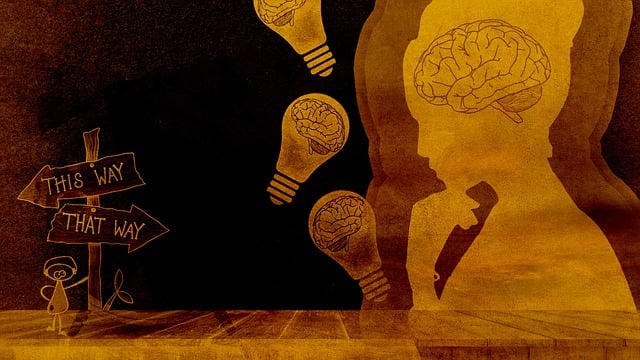Centennial Parenting Skills Therapy offers a revolutionary approach to mental health treatment, focusing on Social Skills Training to address anxiety, depression, and related social challenges. Through evidence-based techniques like role-playing, CBT, mindfulness, and positive thinking, this therapy equips individuals with communication strategies, empathy, and emotional regulation skills. The goal is to empower clients to manage symptoms, build confidence, enhance social interactions, improve mental well-being, and foster a sense of community, ultimately redefining relationships and promoting mental health awareness.
Social skills training is a vital component in managing mental health conditions, offering individuals tools to navigate social interactions with confidence. This article explores the significant impact of mental health on social relationships and delves into how Centennial Parenting Skills Therapy provides an innovative approach to enhancing these interactions. We’ll uncover effective strategies for social skills training, empowering individuals to foster meaningful connections while managing their conditions.
- Understanding the Impact of Mental Health on Social Interactions
- The Role of Centennial Parenting Skills in Therapy
- Strategies for Effective Social Skills Training
Understanding the Impact of Mental Health on Social Interactions

Mental health conditions can significantly shape social interactions and relationships, often presenting unique challenges for individuals navigating social scenarios. From anxiety disorders to depression, these conditions may lead to avoidance or difficulty engaging in social activities, impacting one’s overall well-being and sense of belonging. For instance, someone with social anxiety might struggle with initiating conversations or maintaining eye contact, potentially causing them to withdraw from social gatherings.
Centennial Parenting Skills Therapy recognizes these obstacles and offers specialized Social Skills Training as part of its holistic approach to mental health care. Through this training, individuals learn effective communication strategies, empathy development, and emotional regulation techniques, such as Compassion Cultivation Practices, which foster meaningful connections and enhance their ability to engage in social interactions. The goal is to empower them with the tools to manage symptoms, build confidence, and participate actively in social settings, thereby improving their overall quality of life and fostering a sense of community.
The Role of Centennial Parenting Skills in Therapy

In the realm of mental health treatment, integrating Centennial Parenting Skills into therapy offers a unique and effective approach. This modern therapeutic technique recognizes the profound impact that early parenting styles can have on an individual’s emotional and social development. By focusing on communication strategies and fostering inner strength development, it aims to redefine relationships and enhance mental health awareness among patients.
Centennial Parenting Skills Therapy delves into the dynamics of familial connections, providing tools to navigate complex emotions and promote healthy interactions. It encourages individuals to understand their past experiences and break free from destructive patterns, enabling them to build resilient and supportive relationships. This holistic approach not only empowers clients but also equips them with the skills to cope with challenges, fostering a sense of agency and improved mental well-being.
Strategies for Effective Social Skills Training

Social Skills Training plays a pivotal role in enhancing emotional well-being for individuals managing mental health conditions. At Centennial Parenting Skills Therapy, we employ a multifaceted approach, combining evidence-based techniques with tailored strategies to cater to diverse needs. Our goal is to empower clients with the tools to navigate social interactions confidently and form meaningful connections.
Effective training involves a blend of Practical Role-Playing, where clients practice scenarios in a safe environment, and Cognitive Behavioral Therapy (CBT) techniques to challenge negative thought patterns. Additionally, incorporating Mindfulness Meditation and Positive Thinking exercises can significantly reduce anxiety and promote healthy relationships. Through these comprehensive methods, we foster a supportive atmosphere conducive to learning and personal growth.
Social skills training, incorporating strategies like Centennial Parenting Skills Therapy, plays a pivotal role in managing mental health conditions. By understanding the impact of these conditions on social interactions and implementing effective training methods, individuals can significantly enhance their ability to connect and interact with others. This not only fosters better relationships but also contributes to improved overall well-being.














